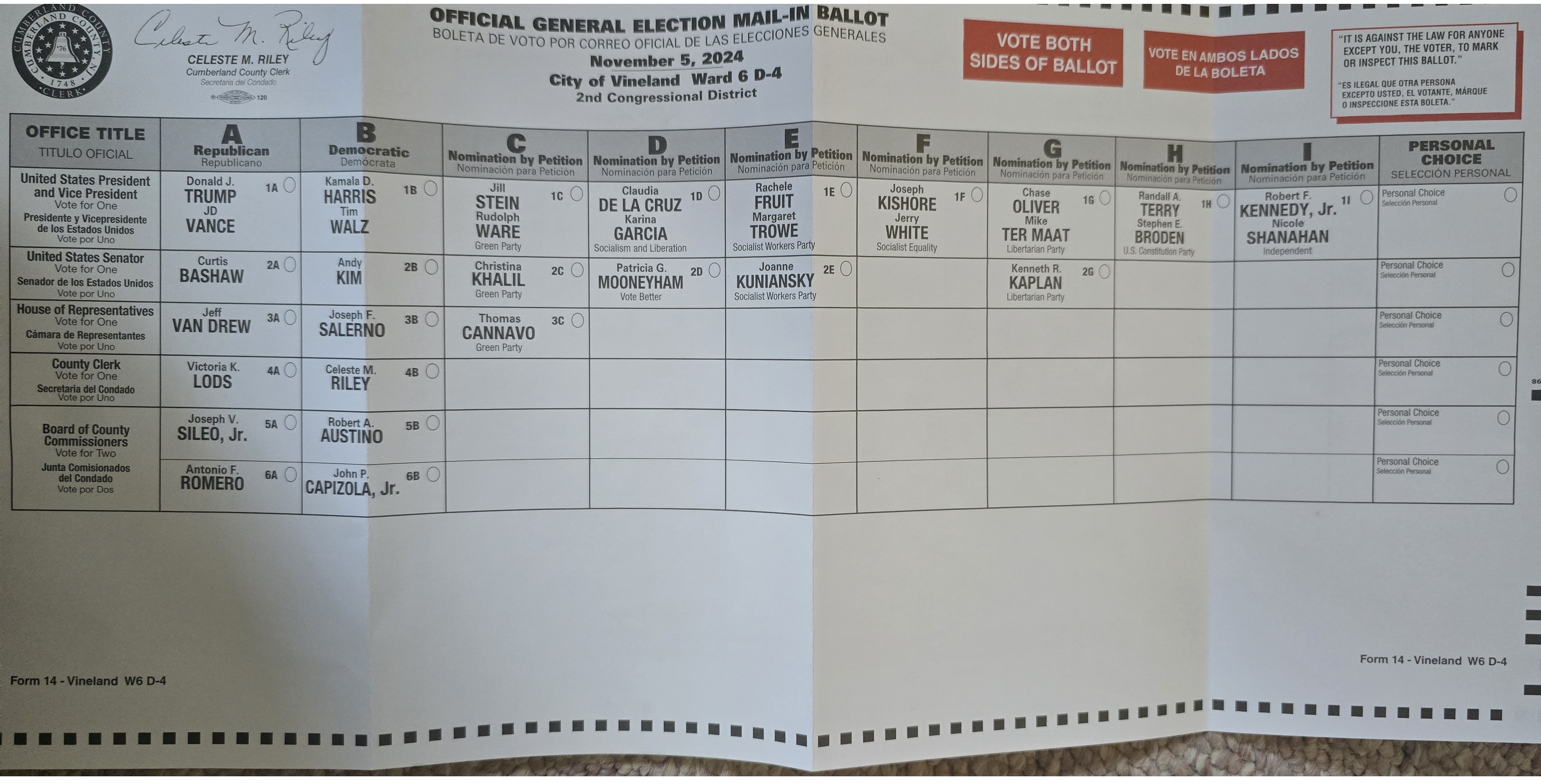What does a US Senator do?
U.S. Senators play a critical role in the federal government, with duties that are distinct from those of Representatives in the House. Here's an overview of their responsibilities:
Representation of States: Each U.S. Senator represents an entire state, unlike Representatives who serve specific districts. This means they must consider the interests of all their state's residents when making decisions and casting votes. Each state has two Senators, regardless of its population size, which balances representation between larger and smaller states.
Committee Work: Senators serve on various Senate committees, where much of the detailed work of the Senate is conducted. Committees review proposed legislation, hold hearings to gather information, and make recommendations on bills that should be considered by the full Senate. Key committees include those focused on finance, foreign relations, the judiciary, and defense.
Advice and Consent: One of the Senate's unique powers is to provide "advice and consent" on certain presidential actions. This includes confirming or rejecting presidential appointments to the federal judiciary, cabinet positions, and other key executive branch roles. The Senate also ratifies treaties with foreign nations, which requires a two-thirds vote.
Impeachment Trials: The Senate is responsible for conducting impeachment trials for federal officials, including the President, who has been impeached by the House of Representatives. Senators serve as jurors in these trials and determine whether the official should be removed from office.
Budget and Appropriations: While both the House and Senate are involved in the budget process, the Senate plays a crucial role in reviewing and amending the federal budget, as well as in appropriating funds for government programs and services. Senators help decide how federal funds are allocated and ensure that the budget reflects the priorities of their constituents.
National and International Influence: Senators often have significant influence on both national and international issues due to the Senate's role in foreign policy, defense, and high-profile legislative matters. They frequently work on complex and long-term policy challenges that require bipartisan cooperation.
Constituent Services: Like Representatives, Senators provide various services to their constituents, including assistance with federal agencies, responding to concerns and inquiries, and helping navigate issues related to federal programs.
Oversight and Investigations: The Senate has the power to conduct investigations into issues of national importance, often through its committees. This oversight function helps ensure that federal agencies and officials are operating within the law and serving the public interest.
Learn More
Legislative Responsibilities: Senators participate in drafting, debating, and voting on federal legislation. They have the power to introduce bills and resolutions, and they play a significant role in shaping national policies across various areas, including the economy, healthcare, defense, and education.Representation of States: Each U.S. Senator represents an entire state, unlike Representatives who serve specific districts. This means they must consider the interests of all their state's residents when making decisions and casting votes. Each state has two Senators, regardless of its population size, which balances representation between larger and smaller states.
Committee Work: Senators serve on various Senate committees, where much of the detailed work of the Senate is conducted. Committees review proposed legislation, hold hearings to gather information, and make recommendations on bills that should be considered by the full Senate. Key committees include those focused on finance, foreign relations, the judiciary, and defense.
Advice and Consent: One of the Senate's unique powers is to provide "advice and consent" on certain presidential actions. This includes confirming or rejecting presidential appointments to the federal judiciary, cabinet positions, and other key executive branch roles. The Senate also ratifies treaties with foreign nations, which requires a two-thirds vote.
Impeachment Trials: The Senate is responsible for conducting impeachment trials for federal officials, including the President, who has been impeached by the House of Representatives. Senators serve as jurors in these trials and determine whether the official should be removed from office.
Budget and Appropriations: While both the House and Senate are involved in the budget process, the Senate plays a crucial role in reviewing and amending the federal budget, as well as in appropriating funds for government programs and services. Senators help decide how federal funds are allocated and ensure that the budget reflects the priorities of their constituents.
National and International Influence: Senators often have significant influence on both national and international issues due to the Senate's role in foreign policy, defense, and high-profile legislative matters. They frequently work on complex and long-term policy challenges that require bipartisan cooperation.
Constituent Services: Like Representatives, Senators provide various services to their constituents, including assistance with federal agencies, responding to concerns and inquiries, and helping navigate issues related to federal programs.
Oversight and Investigations: The Senate has the power to conduct investigations into issues of national importance, often through its committees. This oversight function helps ensure that federal agencies and officials are operating within the law and serving the public interest.
ELECTION DATE: November 5th, 2024
SAMPLE BALLOT
Below is only an interactive ballot designed to help voters using this website to organize their choices based on specific positions. Please visit our Official Ballots Page or click the foldout below to become familiar with what you will see in the voting booth.
General Election Ballot
If on desktop, right click the image and select 'open in new tab' for a larger image

( Click or tap on candidate name to learn more about them )
US SENATE
DEMOCRATIC
DEMOCRATA
OFFICE TITLE
TITULO OFICIAL
A
Democratic
Democrata
B
Democratic
Democrata
PERSONAL CHOICE
SELECCION PERSONAL
US Senate
Vote for One
Senadora
Vota por Uno
Personal Choice
Seleccion Personal
0
REPUBLICAN
REPUBLICANO
OFFICE TITLE
TITULO OFICIAL
A
Republican
Republicano
B
Republican
Republicano
PERSONAL CHOICE
SELECCION PERSONAL
3rd Parties
Terceros
OFFICE TITLE
TITULO OFICIAL
A
3rd Parties
Terceros
B
3rd Parties
Terceros
PERSONAL CHOICE
SELECCION PERSONAL
US Senator
Vote for One
Senadora
Vota por Uno
Personal Choice
Seleccion Personal
0
Form 14 - Vineland W6 D-4
US Senator
Vote for One
Senadora
Vota por Uno
Socialist Workers Party
1A
0
Personal Choice
Seleccion Personal